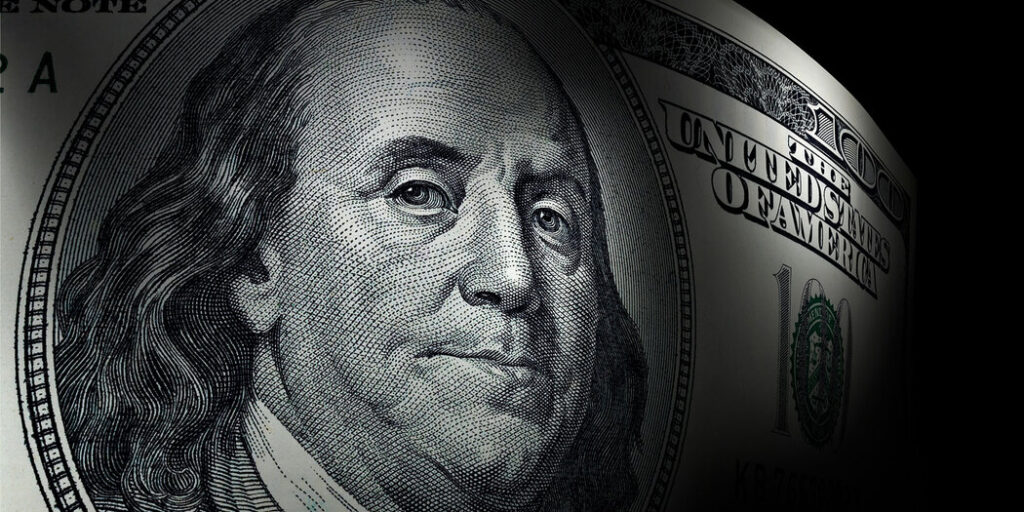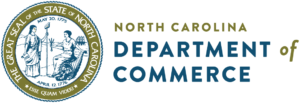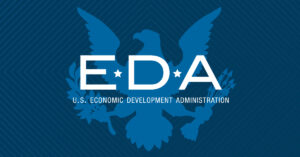View the entire Money in the 2024 Election series
Arizona’s congressional elections serve as a prime example of modern campaign financing trends. A significant portion of campaign contributions is coming from national donors, with an estimated 74 percent of funds for Arizona candidates being sourced from outside the state or district, up from about half in 2010. National groups, including those from the cryptocurrency industry, are also heavily involved, particularly through untraceable “dark money” contributions.
Additionally, election denial remains a prominent issue, with some candidates who endorse the false narrative of a “stolen” 2020 election leaning on national donors for support.
Candidates Rely on Non-Local Donors
As observed in states like Pennsylvania and Ohio, Arizona candidates are largely dependent on non-local money. Of the $72.7 million raised by Arizona’s House and Senate candidates up to June 30, approximately three-quarters have come from out-of-state or out-of-district donors.
This trend transcends party lines and candidate types. For instance, Republicans Blake Masters, Abe Hamadeh, and Eli Crane each raised over 90 percent of their funds from outside their districts. Similarly, Democrats and Republicans like Greg Stanton, Paul Gosar, and Andy Biggs also relied heavily on non-local contributions.
Compared to 2010, when only 54 percent of campaign funds were sourced from non-constituents, the percentage has significantly increased, reaching 83 percent in the 2022 midterms. Although the current cycle has not yet peaked, it may do so as election day approaches.
Such figures underscore the nationalization of campaign funding. This creates pressure for candidates to prioritize the interests of national donors over local constituents.
Election Denial Funding
Among Arizona candidates, those endorsing election denial theories are particularly reliant on out-of-state funds. The state has been central to election denial narratives, with events like fake electors and a controversial audit of the 2020 vote. This year, candidates like Abe Hamadeh and Blake Masters have used these narratives to secure substantial national funding.
For instance, Hamadeh, a proponent of the Big Lie, raised nearly $1 million, with 96 percent from outside his district. Similarly, incumbent Eli Crane, who also supports election denial theories, raised $5.4 million, with 95 percent from non-local sources.
Big Spending by National Groups
Independent expenditures from national groups play a substantial role in Arizona’s elections. In the Senate race, national groups have already spent $31.7 million, with top spenders like Protect Progress and WinSenate PAC funded by national interests.
In the House races, national groups have also been significant. For example, the Democratic primary for the Third Congressional District saw $5.3 million in independent expenditures, mainly from national organizations.
Dark Money Influence
Dark money groups, which do not disclose their donors, have significantly impacted Arizona’s elections. On the Democratic side, LCV Victory Fund spent $2.8 million supporting candidates like Ruben Gallego. Similarly, on the Republican side, National Interest Action spent nearly $1 million supporting candidates like Ben Toma.
• • •
Arizona’s congressional elections are increasingly influenced by national money, raising concerns that elected officials may prioritize national donors over local constituents.
This analysis used campaign finance data from the FEC, processed by Eric Manning and Open Secrets.
Methodology
The Brennan Center analyzed campaign contributions using data from candidate campaign committees and fundraising platforms like ActBlue and WinRed. Contributions are categorized based on the zip codes or states provided, with estimates for unknown data. This approach reveals trends in fundraising sources and provides a comprehensive view of donor influence.





